Oil@50: India needs to speed up
India needs to act faster to ensure it continues to get energy at an affordable price. The oil price increase to $50 per barrel shows there is a limited window of time to act.
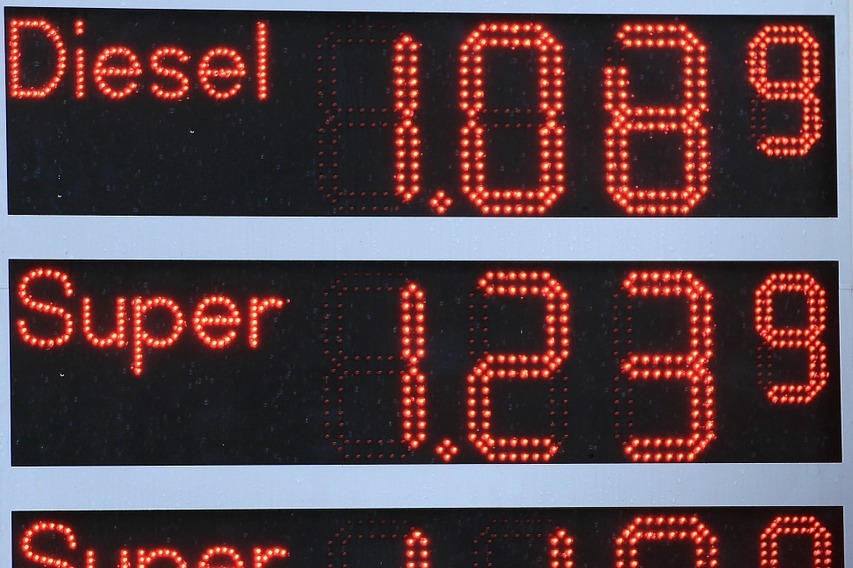 Courtesy: Pixabay
Courtesy: Pixabay
India needs to act faster to ensure it continues to get energy at an affordable price. The oil price increase to $50 per barrel shows there is a limited window of time to act.
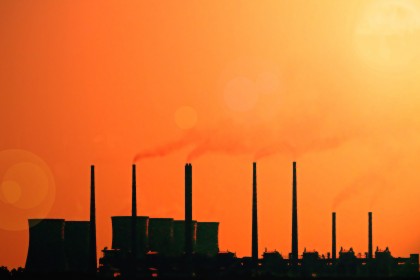 Courtesy: Wikipedia
Courtesy: Wikipedia
Relatively low fossil fuel prices have created a favourable climate for the Modi government to secure India’s growing energy needs in a sustainable manner and at fair prices. The government should also encourage locally-built wind and nuclear options to secure India’s long-term needs.
 Courtesy: Wikipedia
Courtesy: Wikipedia
The U.S. and Canada offer an opportunity for India to acquire large scale oil and gas fields in politically stable countries at a low price. A financial investment in energy companies will protect India against a rise in energy prices without raising concerns in host countries.
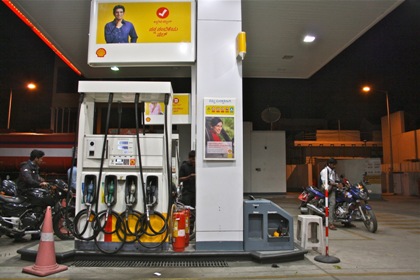 Courtesy: Wikipedia
Courtesy: Wikipedia
The common Indian complaint is that, despite a global trend of falling crude oil prices, the price of petrol has not reduced. However, if the dollar price is examined with the price of oil, it becomes clear that Indians are paying less for fuel now than they would have, had the 2003 pricing trend continued.
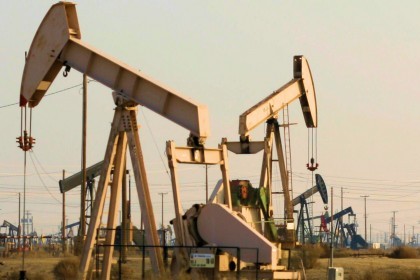 Courtesy: flickr
Courtesy: flickr
India could save $80 billion annually if oil prices stay at the current 12-year low. Policy-makers must use this opportunity to lock-in energy prices for the long-term. Financial markets, through futures and options, offer a way to make these savings permanent, and the Ministry of Finance must formulate ground rules for hedging.
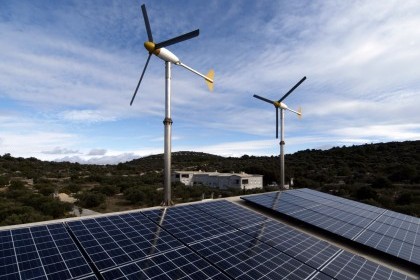 Courtesy: Wikipedia
Courtesy: Wikipedia
Village-scale solar powered minigrids are the most promising path for India to meet its linked aims of GDP growth and access to electricity for all. The Ministry of New and Renewable Energy is already active on this front, but a comprehensive and standardised national minigrid policy that facilitates private sector involvement and eases financing, will allow this model to flourish
 Courtesy: Victor Dubreuil / Wikipedia
Courtesy: Victor Dubreuil / Wikipedia
The GCC finds itself engulfed by a perfect storm – due to the oil price fall and the re-emergence of Iran on the world scene. While the GCC is forced to undertake politically challenging reforms and confront the regional challenge of Iran, there lies a great opportunity for India to strengthen their economic as well as security ties.
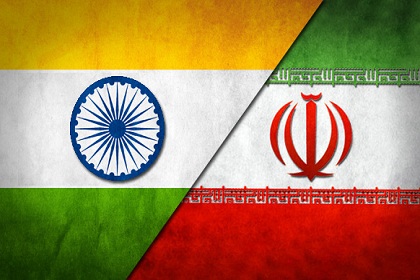 Courtesy: Risingpowersinitiative.org
Courtesy: Risingpowersinitiative.org
Iran has emerged on to the world stage after 36 years of isolation. India must double up its diplomacy and commercial engagement with Iran, and move boldly beyond the curtain of ‘civilisational’ ties. Time to put that natural advantage to good commercial use through a vigorous private sector engagement with Tehran.
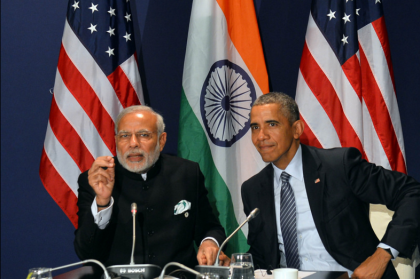 Courtesy: MEA India / Flickr
Courtesy: MEA India / Flickr
An unspoken war has been waged between India and the U.S. at the COP21 Summit in Paris. If the West wants India to opt for more expensive energy options, then they must also reciprocate by sharing technology.
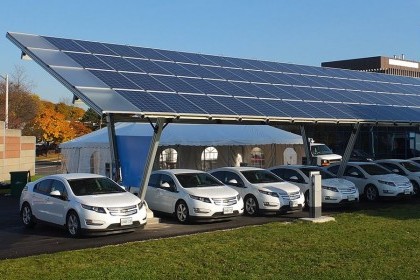 Courtesy: Sass Peress / Wikipedia
Courtesy: Sass Peress / Wikipedia
The Climate Conference in Paris offers the globe a chance to arrive at a firm action plan—and underpinning this chance are advances in solar and electric vehicles technology. If the Paris talks focus on making such technology and related finance available to countries like India, we can move closer to achieving climate goals